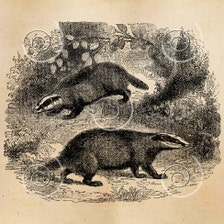| The state of Kansas where Bill Simms moved. |
In the Kansas Narratives, VI an ex-slave named Bill Simms talks about his life as a slave in Missouri. Mr. Simms tells about his family on the plantation and what crops were on the plantation. He briefly discusses the selling of his sister and her children and that his family is all dead with him being the only one still alive. Mr. Simms mentions that his master was offered $1,500 several times for him but refused because Mr. Simms was a "good, husky slave." Mr. Simms explains that his master, whose name was Simms, was a good master and sent him to work for the Confederate army when the Civil War started. He recounts that he worked for three years "hauling cannons, driving mules, hauling ammunition, and provisions" for the Confederate army and when the Union army came close, he ran off. He tells that he "drove six-mule team and worked at wagon work,driving ammunition and all kinds of provisions until the war ended" for the Union army. He verbosely tells of his life after the war including his marriage and moving to Kansas. He concludes by mentioning his kids and their accomplishments, and his wife's death.
.tif) |
| The first page of Bill Simms narrative |
Mr. Bill Simms had a rough life despite the fact that he had a kind master. He was grateful for the land that his master sold him before his master was killed. After Master Simms was killed his slaves fled to neighboring counties. Mr. Simms was so determined to see Kansas he left with no one and nothing. Mr. Simms narrative tells of a kind master, rough life and ambition.


